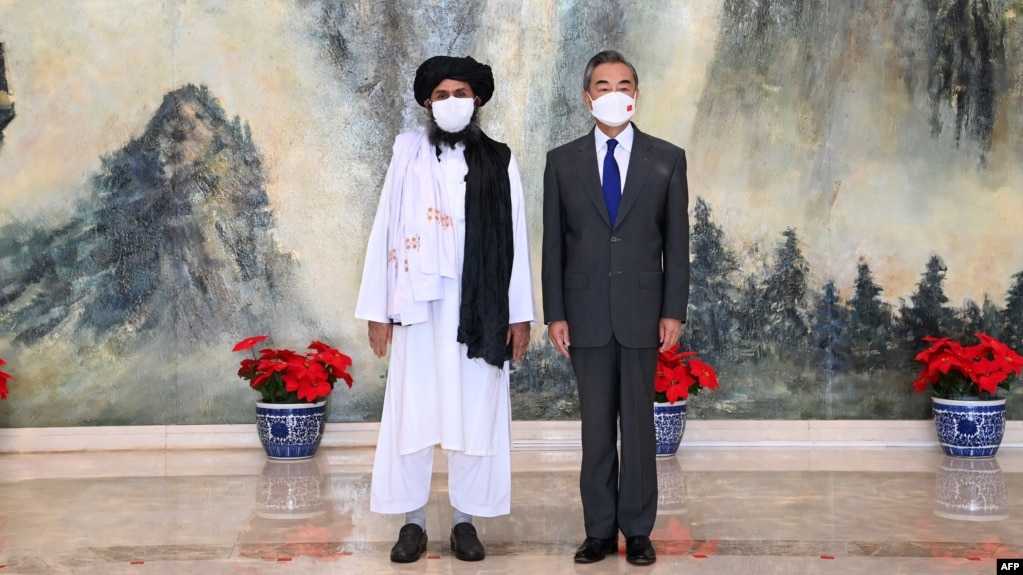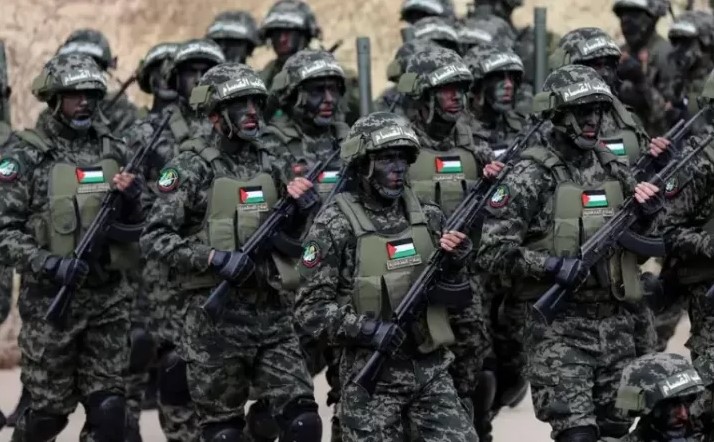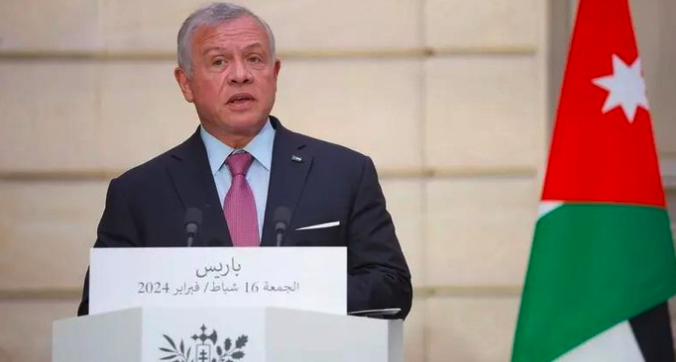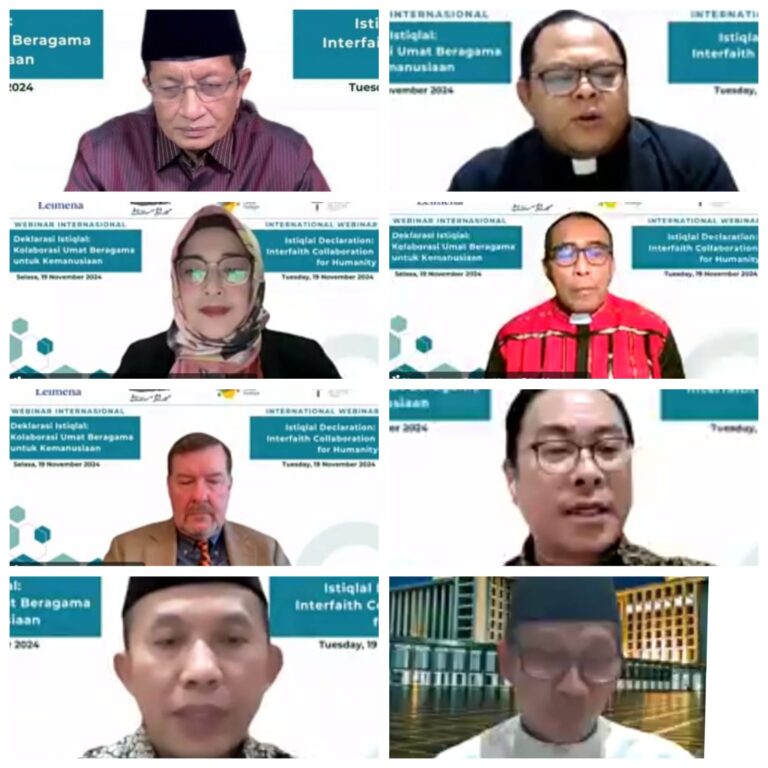
STRATEGIC ASSESSMENT-China, similar to other global powers, has hurried to find an appropriate reaction to the sudden takeover of Afghanistan by the Taliban. Among the top considerations for China is the potential for violent Islamist extremist groups to enjoy a new safe haven just across the border in Afghanistan. Moreover, China has interests in securing the mining and other investments made during the previous Afghan government.
To address the wide range of its concerns, China appears to have settled on a multi track strategy based on diplomatic engagement as well as expanding regional political and military alliances; such arrangements position Beijing to defend its interests in the event that the Taliban regime or its policies threaten China’s national security.
On the diplomatic front, China’s policy took shape in earnest in late October with Foreign Minister Wang Yi’s meetings with members of the interim Afghan Taliban government in Doha, Qatar. Signaling that it wants cooperation with the Taliban, China has pledged to continue investing in Afghanistan—a significant incentive to elicit Taliban cooperation given the virtual collapse of the Afghan economy since the Taliban takeover. Taliban spokesman Zabiullah Mujahid said in mid-October:
“[China is] interested in investment in some sectors in Afghanistan and want to negotiate the details. One of the projects is Mes Aynak (the site of one of Afghanistan’s largest copper mines which also holds ancient Buddhist ruins), which is one of the important areas where they want to invest billions of dollars and Afghanistan also needs this. We have promised them security for their investment and assets.”
China’s projects in Afghanistan had long stalled because of combat in nearby areas, and it is possible that the end of civil war in Afghanistan, if it can ever be realized, might permit these projects to move to production. China, as well as other investors, are also interested in developing the deposits of rare earth minerals and other metals useful in new and emerging technologies.
While mindful of the economic potential of Afghanistan, China’s paramount objective in engaging with the Taliban includes eliciting its help against what China assesses are threats to its national security. Foremost among China’s stated concerns is the potential for violent Islamist extremists among its Uighur population to enjoy safe haven in Afghanistan, from which they could potentially stage attacks on Chinese targets in the region or in its western Xinjian Province, where much of the Uighur population resides.
China has expressed significant concerns about a group called the East Turkestan Islamic Movement (ETIM), now renamed the Turkestan Islamic Party (TIP), which seeks an independent state called East Turkestan covering an area that includes parts of Turkey, Kazakhstan, Kyrgyzstan, Uzbekistan, Pakistan, Afghanistan, and the Xinjiang Uighur Autonomous Region (XUAR).
ETIM was listed by the State Department in 2002 as a Foreign Terrorist Organization (FTO), then “de-listed” in 2004, and then “re-listed” as an FTO by the Obama administration in 2016. In parallel, ETIM was designated by the United Nations as a terrorist group in 2002, at the request of the United States, China, Afghanistan, and Kyrgyzstan, and remains on the UN “1267” sanction list at this time.
Yet, a broad range of experts assess that China uses the alleged threat of violent extremism to justify its crackdown on Uighurs in Xinjiang. China has reportedly detained more than one million Uighurs over the past several years in a large network of what the state calls “re-education camps,” and sentenced hundreds of thousands to prison terms. In November 2019, the New York Times published over four hundred internal documents offering an unprecedented insight into China’s organized mass detention of its Muslim population; the stories were corroborated by UN Security Council members and appeared to be substantiated.
An annual report to Congress released by the U.S. State Department in July 2021 reiterated the U.S. position that “the People’s Republic of China is committing genocide and crimes against humanity against Uighurs, who are predominantly Muslim, and members of other ethnic and religious minority groups in Xinjiang.” Reported abuses extend to torture, forced sterilization, sexual and gender-based violence, and forced separation of children.
Further countering China’s official explanations for their so-called “re-education camps” in Xinjiang, identified Uighur extremists are assessed by global experts as lacking the coordination and numbers to launch significant attacks in China. Nonetheless, no proper application of counterterrorism strategy and policy could justify such a scale of crimes against humanity. A few days after the U.S. presidential election in November 2020, the Trump administration, citing China’s repression of the Uighurs—one among the many disputes between the Trump administration and China—removed ETIM from the FTO list. Then Secretary of State Mike Pompeo asserted that “there has been no credible evidence that ETIM continues to exist.”
China, undaunted by international criticism of its treatment of the Uighurs and resistant to allowing any United Nations human rights inspection, has been expanding its military presence near its border with Afghanistan.
The military assets position China to interdict extremists that might cross into China from Afghanistan, and, potentially, to act militarily against the Taliban if they allow safe haven for or actively support anti-China groups.
It will be interesting to note whether Afghan groups opposing the Taliban use its close relationship with China, despite China’s repression of Muslims in Xinjiang, to challenge the Taliban’s Islamic credentials. In October, Tajikistan, which shares concerns about the Taliban’s intent, approved China’s funding of a military base and the transfer to China of full control of another base, both near the intersection of the Afghan, Chinese, and Tajik borders. Yet, most experts assess that China’s exaggeration of the threat from the Uighur community to impossibly justify its actions, and the expansion of its military presence in Central Asia, will do little to quell international criticism or gain support for China’s government and its domestic policies (TSC).





